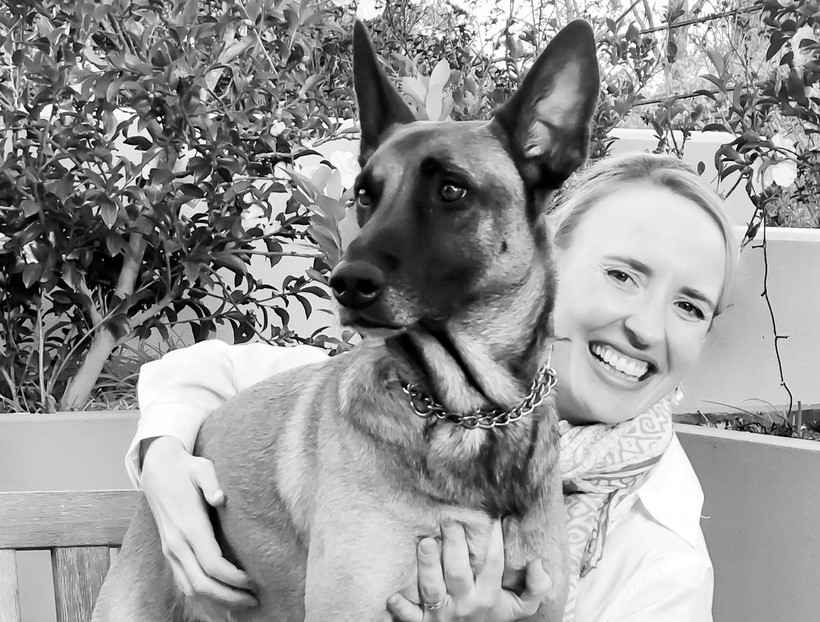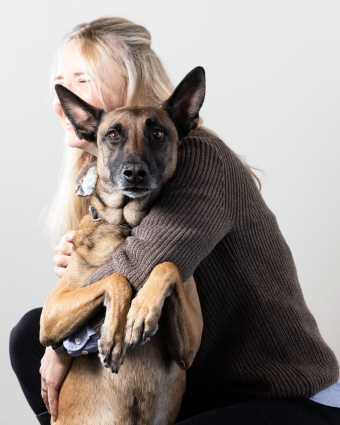Alumni Business in Focus - Alison Gordon
For our latest Alumni Business in Focus story, we talked with UNSW Canberra alumna Alison Gordon about her business ‘Feed For Thought.’ Launched this year, Feed For Thought produces sustainable and ethical dogfood that


